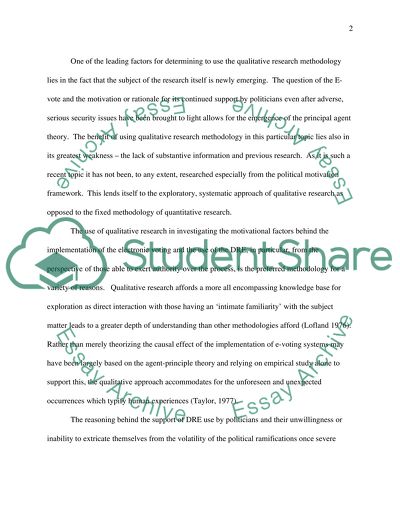Cite this document
(“Qualitative and Quantitative Research Essay Example | Topics and Well Written Essays - 1000 words”, n.d.)
Qualitative and Quantitative Research Essay Example | Topics and Well Written Essays - 1000 words. Retrieved from https://studentshare.org/technology/1509759-qualitative-and-quantitative-research
Qualitative and Quantitative Research Essay Example | Topics and Well Written Essays - 1000 words. Retrieved from https://studentshare.org/technology/1509759-qualitative-and-quantitative-research
(Qualitative and Quantitative Research Essay Example | Topics and Well Written Essays - 1000 Words)
Qualitative and Quantitative Research Essay Example | Topics and Well Written Essays - 1000 Words. https://studentshare.org/technology/1509759-qualitative-and-quantitative-research.
Qualitative and Quantitative Research Essay Example | Topics and Well Written Essays - 1000 Words. https://studentshare.org/technology/1509759-qualitative-and-quantitative-research.
“Qualitative and Quantitative Research Essay Example | Topics and Well Written Essays - 1000 Words”, n.d. https://studentshare.org/technology/1509759-qualitative-and-quantitative-research.


